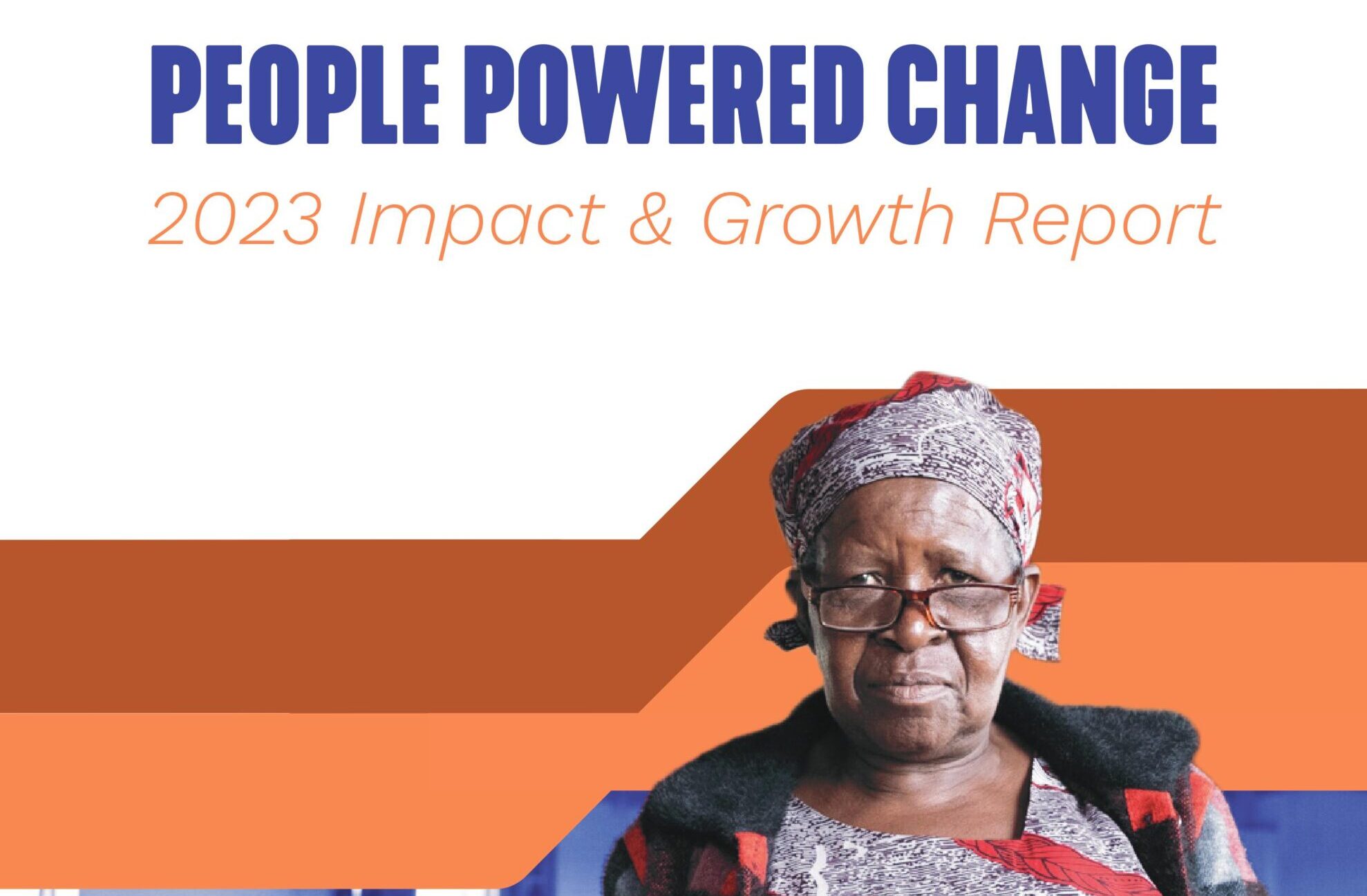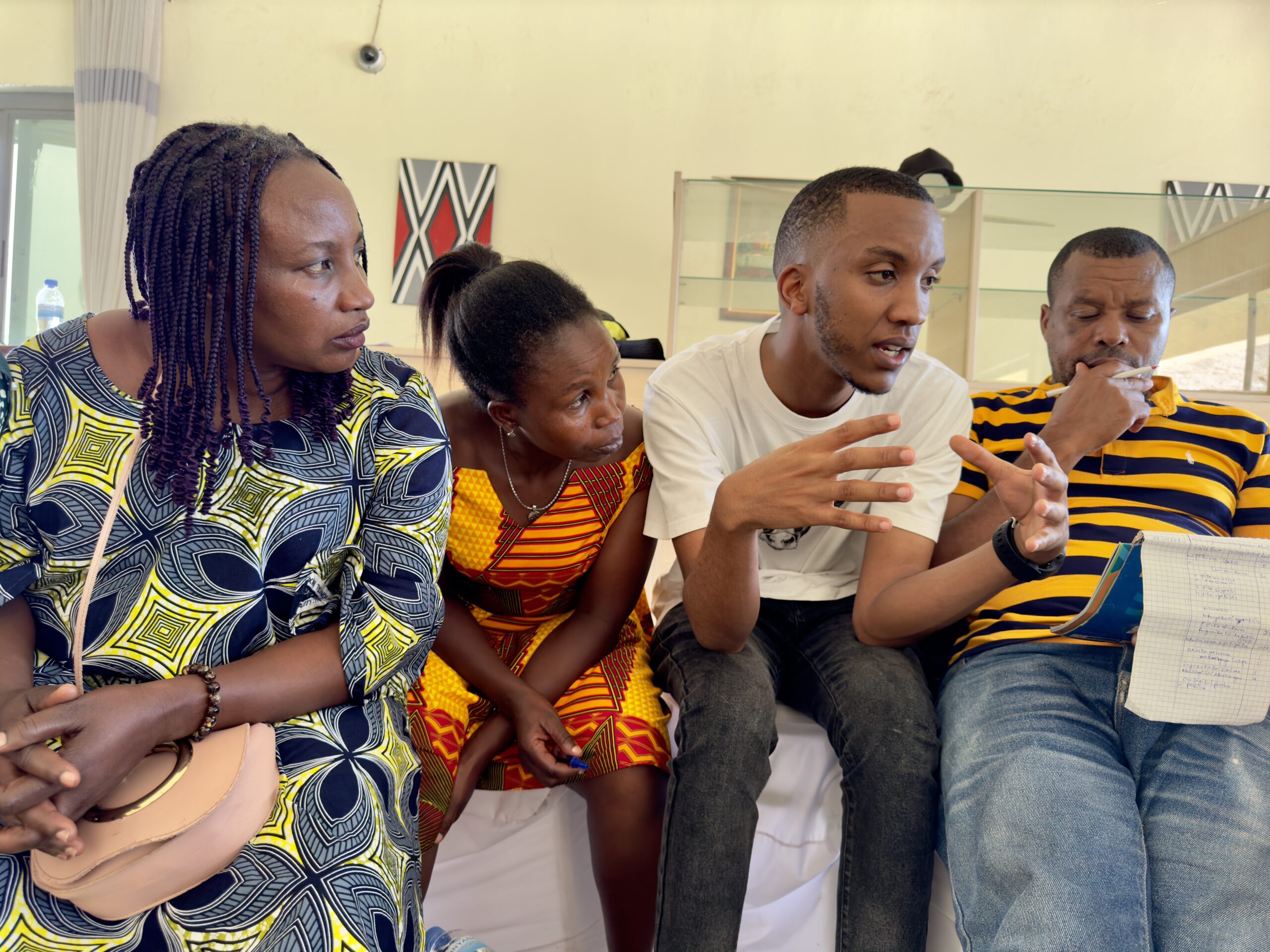A Way Forward in Haiti
A strategy for fundamentally changing U.S. policy toward Haiti
As Haitian-American diaspora faith communities representing many of the more than one-million Haitians in the U.S. and allies, we urge President Biden to stand unequivocally with the courageous individuals and organizations struggling for democracy, human rights, and sustainable development in Haiti. The Biden Administration must reverse policies that have backed corrupt elites, supporting those profiting off misery. The U.S. must listen to civil society, prioritize the safety and well-being of the Haitian people, and re-enforces work that Haitians are doing to transform their communities and society.
1. Free, fair, and inclusive national and municipal elections
Jovenel Moïse’s decisions to not hold legislative elections in October 2019, suspend the national legislature, rule by decree since January 2020, cancel municipal elections, and remain in office after the end of his term has devastated Haitian society. Haitian legal, church, and civil society organizations and widespread protests have condemned his actions.,. The U.S. must end its support for Moïse. It must reject his effort to amend the constitution. Haiti needs a transitional government led by a Supreme Court Judge. It needs a legitimate Electoral Council that has the required support of Haitian civil society and can prepare the nation for free, fair, inclusive, and legitimate national and municipal elections.
- Anti-impunity and corruption and respect for human rights
The U.S. must use its full powers to stop the flow of weapons into Haiti, sanction corrupt public and private sector actors, freeze assets, and condition future U.S. support on rooting out impunity and corruption. There must be an independent investigation of those accused in the massacres of residents of Cite Soleil and La Saline, and other summary killings that took place under the Moïse administration. Gangs that are terrorizing, killing and kidnapping citizens in Port-au-Prince and the major cities must be disarmed. Decrees and practices that criminalize legitimate protest as terrorism, target protesters and journalists for violence, and allow criminal gangs to control communities through kidnapping and killings are unacceptable.
- Investment in community-led development
Less than one percent of U.S. foreign aid to Haiti flows directly to Haiti-based civil society organizations. Between 2013-19, one private DC-based corporation, Chemonics, managed 23 times more USAID funds to Haiti than all local Haitian organizations combined from the Inter-American Foundation. Aid can support sustainable development and democracy, but only if it reaches civil society organizations and responds to local priorities. Any direct aid to the government should go to municipalities and encourage domestic resource mobilization to address local needs and deliver basic services.
4. Support for small-scale farmers to control their land and adapt to climate change
U.S. trade and economic policies have devasted Haitian farmers by undermining domestic production and made Haitians dependent on food imports. Haiti is one of the few countries in the Caribbean that does not provide loans or crop insurance to small farmers. The inability of farmers to capitalize on their land and adapt to drought and climate change causes political and economic instability. Agriculture accounts for 60 percent of the jobs in Haiti but only 25 percent of GDP. U.S. trade and aid policy should help small farmers to adapt to climate change, control their land, and increase their incomes by meeting domestic needs.


